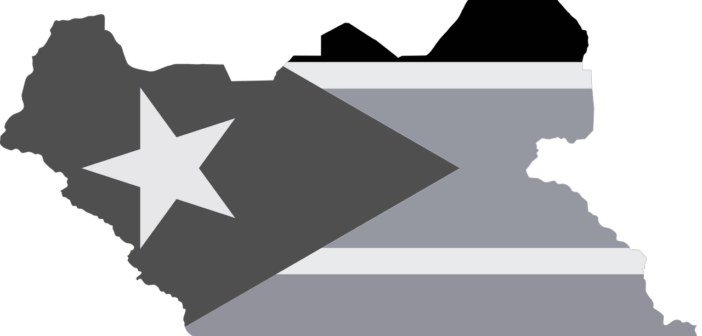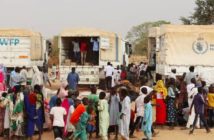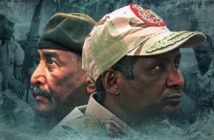Nassir al-Sayeid al-Nour*
War has erupted in Khartoum, the capital of Sudan. The sub-Saharan country has been at war for most of its independence. This time, however, conflict has reached the center of the country, a region far from the ravages of internal wars that plagued Sudan for decades.
Wars of every type, not just civil wars, are common on the African continent, but previous Sudanese conflicts had their roots in genocidal ethnic cleansing, particularly around the Darfur region in western Sudan.
On Saturday, April 13, the Sudanese people in Khartoum were bombarded by jets roaring through its skies without warning. This blitzkrieg war has no foreseeable conclusion in the near future. Medical and civilian institutions have collapsed. International mediation for humanitarian reasons has so far failed. According to the UN and local sources, the death toll is at 300, a number expected to increase because hundreds have been injured.
Two military and paramilitary generals lead the fighters. To understanding the nature of their rivalry, one has to understand the factions. Top commander Lt. Gen. Abdel Fattah al-Burhan represents the military faction backed by the same Islamists ousted in the 2019 civil uprising. The opposing faction has come to be known as Rapid Support Forces (RSP), which are led by an unqualified leader, Mohamed Hamdan Daglo. Daglo is officially the vice president to al-Burhan on the Sovereignty Council, a body formed after the 2022 military coup.
Both former allies share blame for the fierce fighting. However, strategically this war is unconventional unless it is viewed as a power struggle between two sides determined to pursue victory at any cost.
Sudan’s military strategy has been to integrate the undisciplined paramilitary forces into a national unified army. Indeed, the RSP refused to relinquish the new privileges and footholds gained in the Sudanese political and social scene by dissolving its new military bases into the conventional army. As with any internal conflict, the fighting forces are competing for foreign assistance. The arms in use are not restricted to military operations. Just as with the ongoing war between Russia and Ukraine, the Sudanese army and paramilitary need heavy artillery, jetfighters, shells, and tanks, all of which are often used in civilian neighborhoods.
Sudan’s fragile infrastructure has been decimated. Economic, medical and food supplies perish along with the burning cities. People helplessly flee their hometowns in panic, with nowhere to go to escape the strife. The priority should be for humanitarian intervention by the international community to put an end to this catastrophic conflict. For six days, the battle in Khartoum and other Sudanese cities, specifically in the west, is still at a stalemate. If the situation keeps escalating, Sudan, as it has been mapped historically, will cease to exist.
*sudanse writer and politcal analyst




